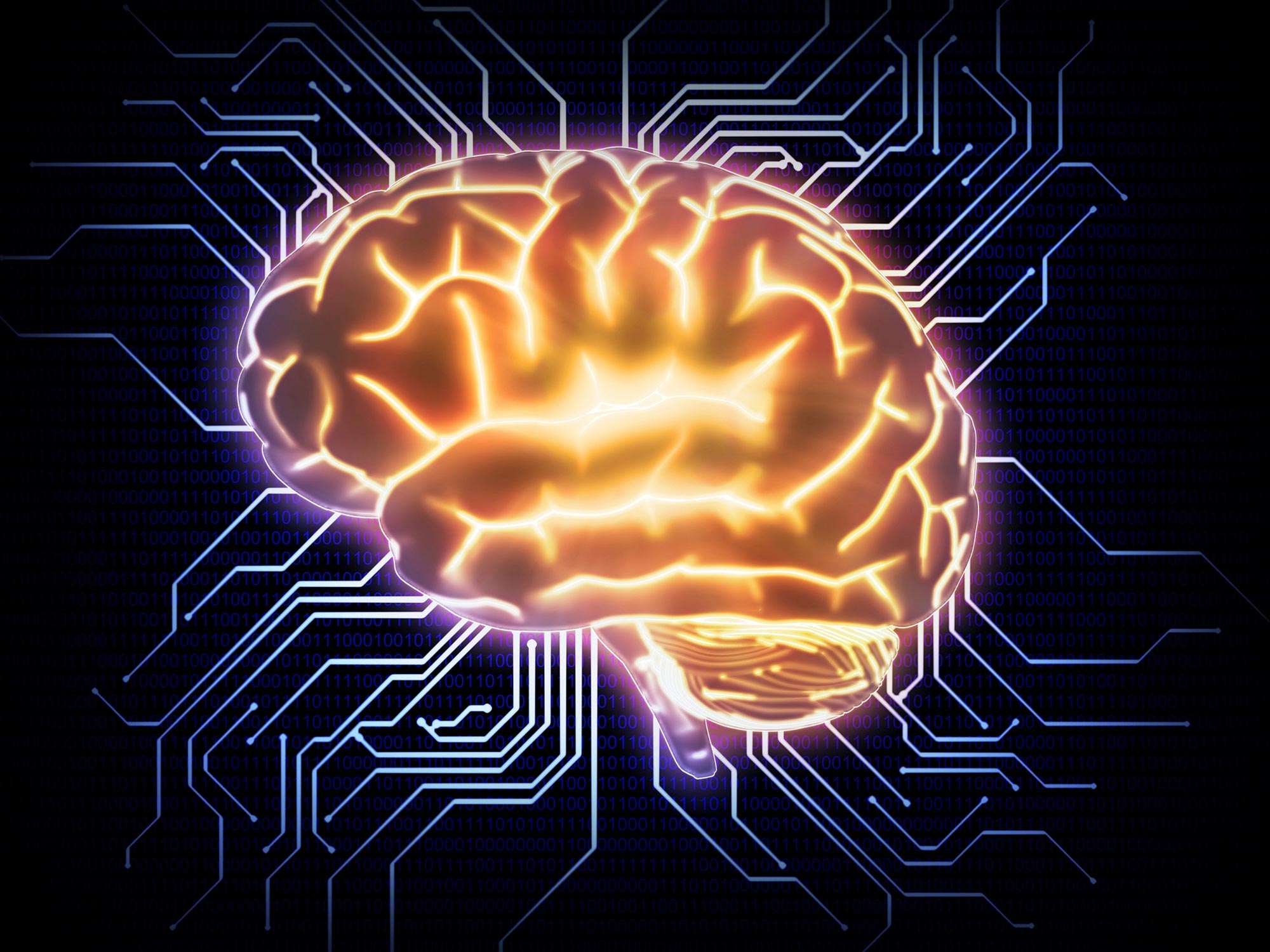
AI’s Role in Unraveling the Mysteries of the Human BrainAI’s Role in Unraveling the Mysteries of the Human Brain The human brain, with its unimaginable complexity and interconnectedness, has long been an enigma for scientists. However, advancements in artificial intelligence (AI) are offering unprecedented insights into this enigmatic organ. 1. Neuroimaging Analysis: AI algorithms can analyze vast amounts of neuroimaging data, such as MRI and fMRI scans, to identify patterns and anomalies that may not be discernible to the human eye. This allows researchers to better understand brain structure, activity, and connectivity. 2. Computational Modeling: AI-powered models can simulate neural networks and brain processes, enabling scientists to test hypotheses and explore the dynamics of cognitive functions, such as memory, attention, and decision-making. These models provide valuable insights into the underlying mechanisms of the brain. 3. Personalized Medicine: AI can analyze patient records, neuroimaging data, and genetic information to identify individuals at risk of developing brain disorders. This facilitates personalized treatment approaches, tailored to the specific needs of each patient. 4. Neuroprosthetics Development: AI algorithms can design and optimize neuroprosthetics, devices that restore or enhance brain function in patients with neurological impairments. By mimicking the brain’s signals, these devices can help individuals regain motor control, communicate, and improve their quality of life. 5. Brain-Machine Interfaces: AI is crucial in the development of brain-machine interfaces (BMIs), which allow the brain to directly communicate with computers. By understanding the brain’s electrical signals, BMIs can enable paralyzed individuals to control assistive devices or even navigate virtual worlds. Challenges and Opportunities: While AI holds enormous potential, it also presents challenges: * Data Privacy: Neuroimaging data contains highly sensitive information, raising concerns about patient privacy and data security. * Algorithmic Bias: AI algorithms must be unbiased and reliable to ensure accurate results. * Need for Interdisciplinary Collaboration: Unraveling the human brain requires a collaborative effort between neuroscientists, computer scientists, and ethicists. Despite these challenges, the potential benefits of AI in brain research are transformative. By harnessing the power of computation and data analysis, we can accelerate our understanding of the human brain, pave the way for new treatments and technologies, and ultimately unlock the secrets of this enigmatic organ.
Posted inNews